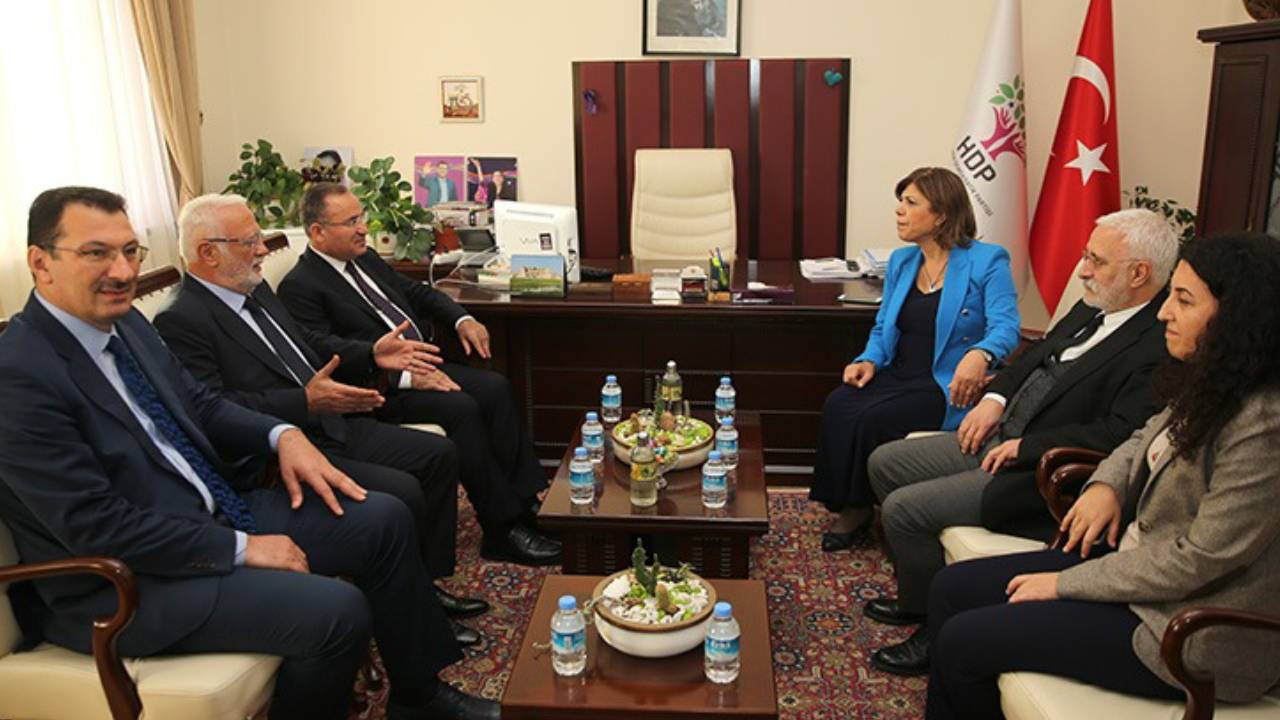A lawmaker of the ruling Justice and Development Party (AKP) made a statement after his party’s visit to the Peoples’ Democratic Party (HDP), saying that the HDP’s support was needed for the planned constitutional amendments to protect women’s right to wear a headscarf.
“Not visiting (the HDP) would be weird, not the other way around. It (HDP) is a legal party, has been established in line with the laws. It is operating under the Turkish parliament; it has a (parliamentary) group. We also need their support,” AKP Şanlıurfa MP Mehmet Ali Cevheri told local Edessa TV.
“It is wrong not to see (HDP). I favor dialogue with every party. At the end, it is a party of Turkey; its opinions could be different. We have a stance with regards to the country’s unity. But after all, there is a serious mass (of people) that votes for it (HDP). This needs to be seen; you cannot pretend not to see this.”
On Nov. 2, Justice Minister Bekir Bozdağ and AKP group deputy chair Mustafa Elitaş visited opposition parties at the parliament to discuss the new constitutional amendment that the ruling AKP is preparing on headscarf and family issues. Among the parties they visited was also the HDP, which the AKP itself is trying to portray as the “leg of terrorism.” The AKP delegation was welcomed by HDP Parliamentary Group Deputy Chair Meral Danış Beştaş, Saruhan Oluç and HDP’s spokesperson Ebru Günay.
The headscarf was once a source of deep discord in Muslim but secular Turkey — its once-powerful secular establishment saw it as a symbol of radical Islam and a threat to the secular order. But the question ceased to stir controversy after reforms by the Islamist-rooted AKP during its 20 years in power.
However the secularist CHP, a party having long opposed the wearing of headscarves in parliament and public offices, revived the issue last month with a proposal to enshrine the right, in an attempt to attract support from devout Turks.
In response, President Recep Tayyip Erdoğan raised the stakes and proposed a constitutional reform on the issue encompassing measures to protect the family from what he called “perverse trends,” appearing to take aim at global same-sex marriage laws.
Source:Duvar English



